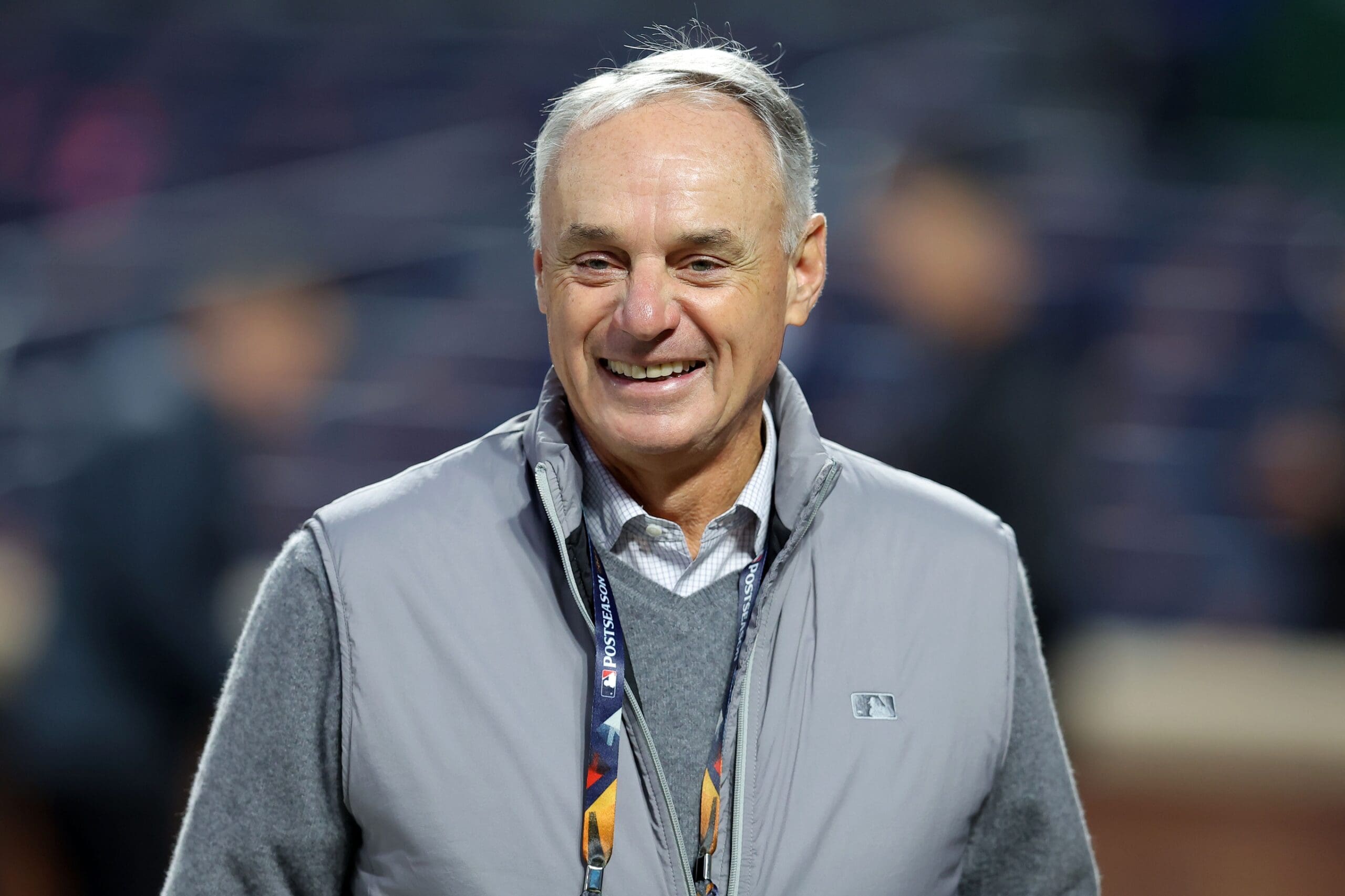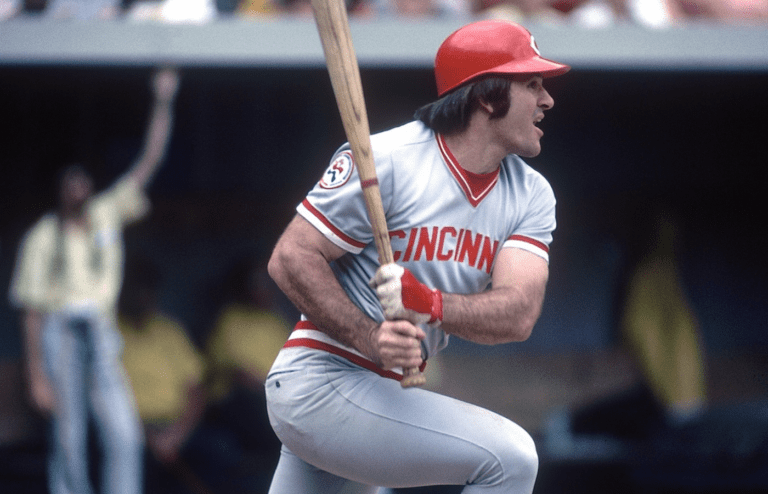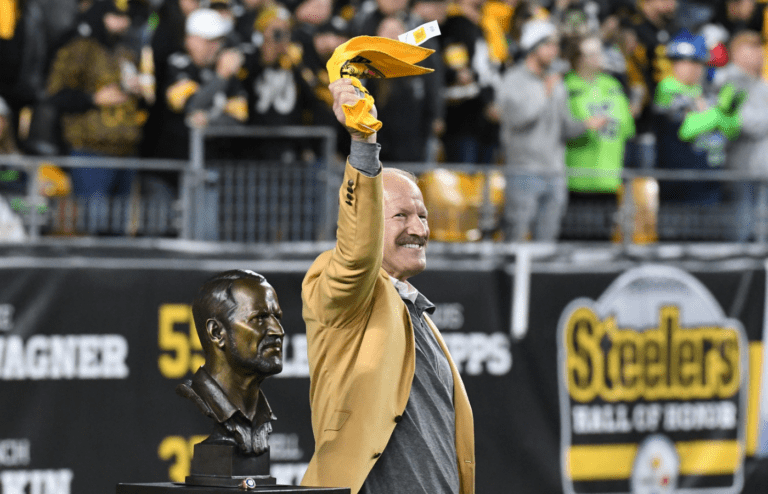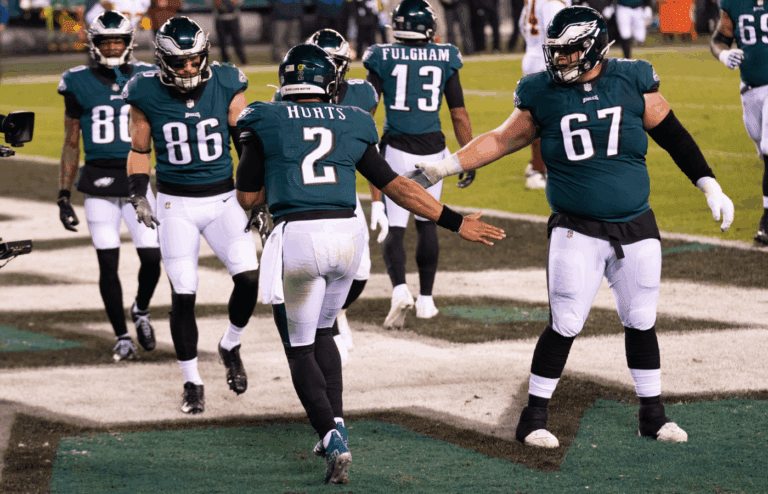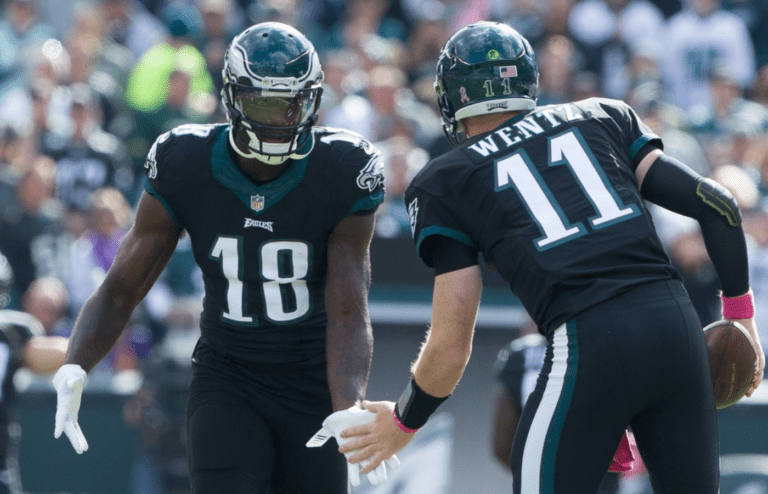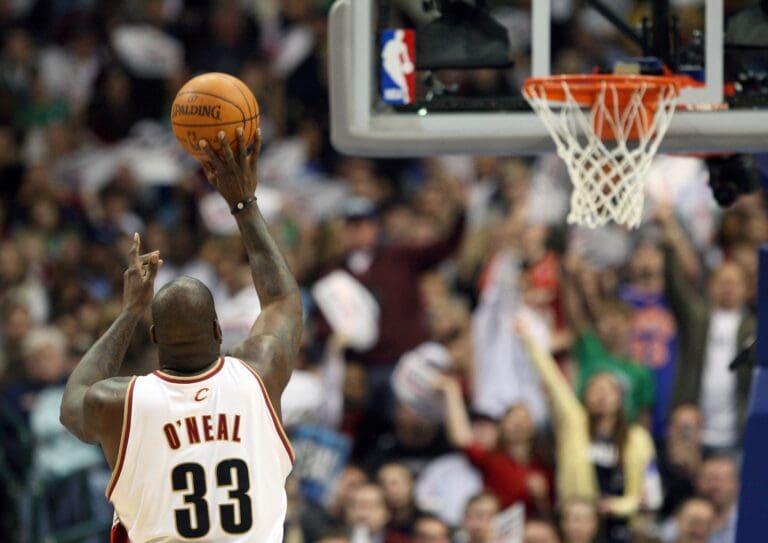As MLB’s 2026 collective bargaining agreement expiration draws closer, Commissioner Rob Manfred is ramping up his pitch for a league-wide salary cap—even if it means risking another shutdown. Manfred has reportedly gone as far as speaking to players on all 30 teams in a bid to win support, but early signs suggest the MLB Players Association isn’t buying it.
Speaking on Foul Territory, Bruce Meyer, the top deputy to MLBPA executive director Tony Clark, made the union’s stance clear: “If it’s so good for players, why are [the league] pushing it so desperately?”
MLB Salary Cap Pitch or Power Grab?
While Manfred frames the salary cap as a tool to level the playing field between big-spending franchises like the Yankees, Dodgers, and Mets — and lower-revenue clubs like the Pirates or Marlins — the union believes it’s really about propping up the sport’s worst owners, the ones unwilling to spend competitively.
Baseball is the only major American sport without a cap. But unlike the NFL and NBA, which also have caps, those leagues enforce salary floors and split revenue roughly 50-50 between owners and players.
MLB lags behind at a 55-45 split in favor of ownership and has no floor. Teams like Pittsburgh, for example, haven’t spent $180 million in combined payroll over the past two seasons.
So, if a $200 million cap is implemented tomorrow, what’s stopping owners like Bob Nutting from continuing to spend $70 million a year and pocketing the rest?
A Deeper Problem Than Payroll
What Manfred calls a “competitive balance issue” is, in reality, a lack of accountability among ownership. Franchises like the Marlins and Athletics aren’t constrained by TV money or market size, they’re simply not interested in competing. Instead, they cash media rights checks, sit on appreciating franchise values, and do the bare minimum to field a roster.
Manfred’s strategy? Divide the players and sell a false fix that benefits the bottom-tier owners while doing little for fans or competitive integrity.
Baseball doesn’t need a salary cap. It needs ownership willing to compete. Until then, a cap will only reinforce the bad behavior that’s holding the league back. Manfred may talk about parity, but his actions show he’s protecting the wrong people—and it’s the game that could pay the price.
Let us know your thoughts, should MLB pursue a salary cap, or demand more from its worst owners?
Read More: 10 MLB Front Offices That Treat the Salary Cap Like Monopoly Money

